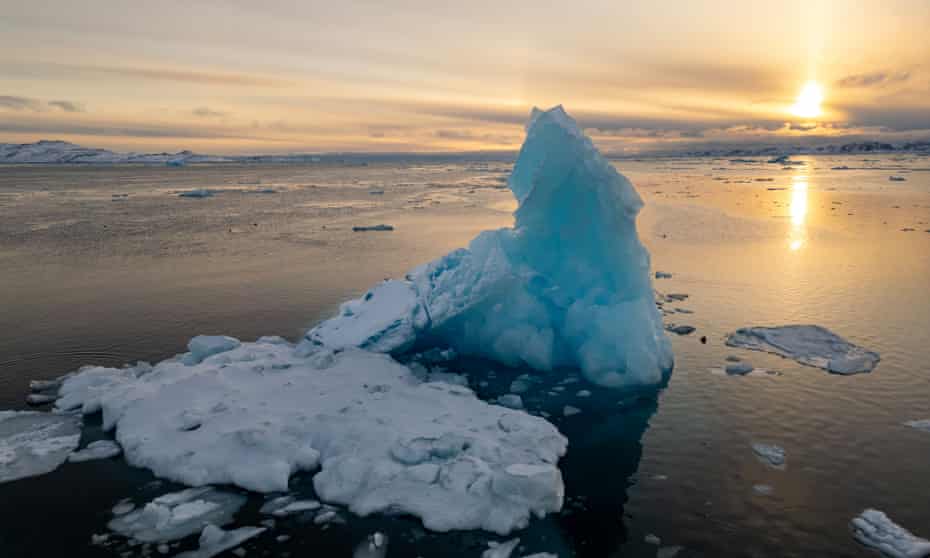Kathmandu, 5 September 2025
Arctic sea ice is shrinking at an unprecedented pace, with this year’s winter maximum extent recorded as the lowest in history, intensifying concerns about the accelerating impacts of climate change.
According to the U.S. National Snow and Ice Data Center (NSIDC) and NASA, the sea ice extent on 22 March 2025 reached just 14.33 million square kilometers. This is around 1.3 million square kilometers smaller than the 1981-2010 average - an area larger than the entire state of California.
Scientists warn that the Arctic is warming nearly four times faster than the global average, making its fragile ecosystem especially vulnerable. The long-term decline of sea ice is stark: September sea ice, which marks the summer minimum, has been shrinking at a rate of 12.1% per decade since 1979.
What troubles researchers most is the quality of the ice. Once dominated by thick, multi-year ice that survived several seasons, the Arctic is now increasingly covered by thin, first-year ice, far more susceptible to melting. Studies show the region has already lost 95% of its oldest and thickest ice, leaving the Arctic Ocean more exposed to warming seas.
This year, sea ice volume also dropped sharply, standing 35% below the 1993-2010 average, signaling not just a loss of surface area but also of depth and strength.
While some research suggests a temporary slowdown in the rate of summer ice loss over the past two decades due to natural climate variability, experts caution that this does not represent a reversal. “The long-term trajectory is clear - Arctic ice continues to decline, and the consequences are global,” scientists noted.
The loss of reflective ice accelerates a dangerous feedback loop, allowing the darker ocean to absorb more heat, further amplifying warming. This phenomenon not only threatens Arctic wildlife such as polar bears and walruses but also influences global weather systems, sea-level rise, and even opens up new shipping routes that could further disturb the fragile polar environment.
As the Arctic melts, scientists emphasize the urgent need for stronger global climate action. The region’s decline is no longer a distant concern - it is a visible warning sign of the climate crisis unfolding in real time.